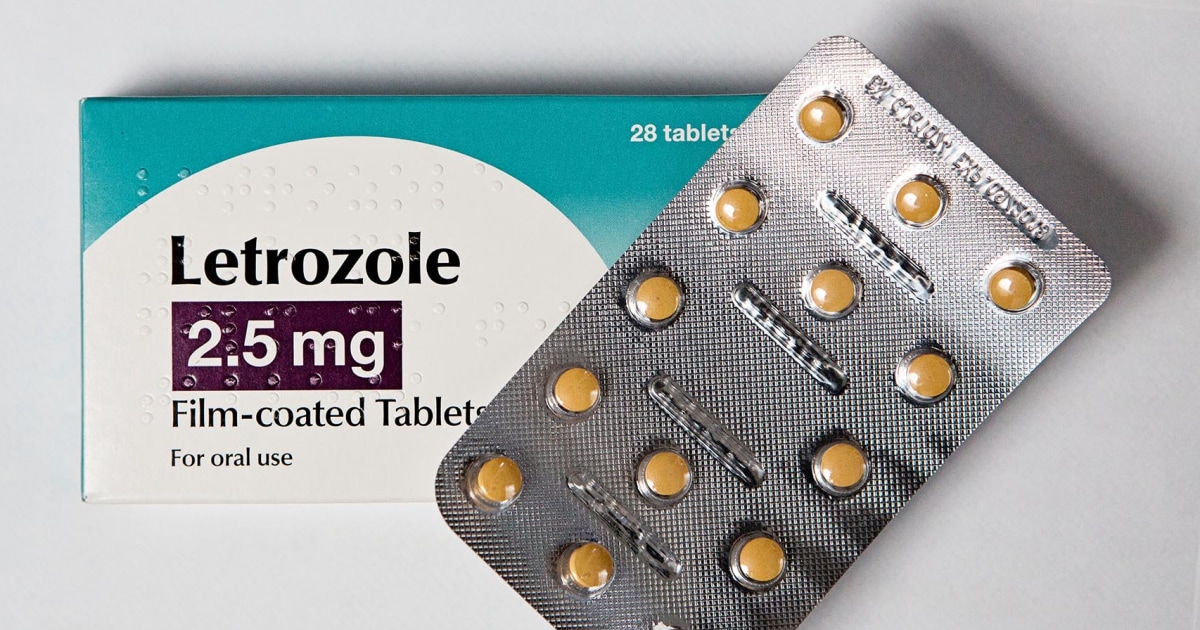T4K3.news
Cancer drugs may reverse Alzheimer's effects
Scientists found that letrozole and irinotecan could help reverse brain damage from Alzheimer's.

Two existing FDA-approved cancer medications may be repurposed to combat Alzheimer's disease.
Discovery of cancer drugs shows potential in reversing Alzheimer's
Researchers at the University of California, San Francisco, have found that two FDA-approved cancer drugs, letrozole and irinotecan, could reverse Alzheimer's disease effects in mice. The findings show improvements in learning and memory by reducing brain degeneration. Alzheimer's, affecting millions, currently has no known cure. While treating cancer, these drugs may help diminish the impact of amyloid and tau proteins, which are harmful in Alzheimer's. If further trials are successful, this could lead to quicker treatment options for patients, as these drugs are already approved for other uses.
Key Takeaways
"Alzheimer's disease comes with complex changes to the brain, which has made it tough to study and treat."
Dr. Marina Sirota discusses the complexities of Alzheimer's research and treatment.
"Developing a new drug can take hundreds of millions... For this repurposed drug, usually it just takes two or three years."
Dr. Yadong Huang highlights the efficiencies of drug repurposing compared to traditional drug development.
"These drugs have huge side effects, so you need to always balance and figure out whether those types of side effects would be amenable to somebody with Alzheimer's."
Dr. Marina Sirota emphasizes the need to weigh side effects against treatment benefits for Alzheimer's patients.
The discovery of these cancer drugs offers a glimmer of hope in the fight against Alzheimer's, a disease that has long resisted effective treatments. Unlike traditional drug development, which can take over a decade, repurposing existing drugs could expedite the process significantly. However, the challenge lies in balancing potential benefits against the side effects, which could impact patient quality of life. This research underscores the need for innovative approaches to combating complex diseases like Alzheimer’s.
Highlights
- Letrozole and irinotecan could change the Alzheimer's landscape.
- Repurposing drugs could slash the time to develop treatments.
- Hope lies in existing drugs already approved for cancer.
- Can treatments for cancer be the key to reversing Alzheimer's?
Potential risks from repurposed drugs
The use of letrozole and irinotecan carries significant side effects like nausea and diarrhea, which may not suit all Alzheimer's patients. Balancing these risks against the potential benefits is crucial.
Future trials will reveal whether these promising results can translate to human patients.
Enjoyed this? Let your friends know!
Related News

Emerging research links cancer drugs to Alzheimer’s treatment

FDA-approved cancer drugs show potential for Alzheimer's

Alzheimer’s treatment advances with two cancer drugs

Research shows stevia may combat pancreatic cancer

Study reveals human DNA linked to hibernation

Three out of five liver cancer cases are preventable

Writing by Hand Can Halve Dementia Risk

Patients achieve health improvements through lifestyle changes
